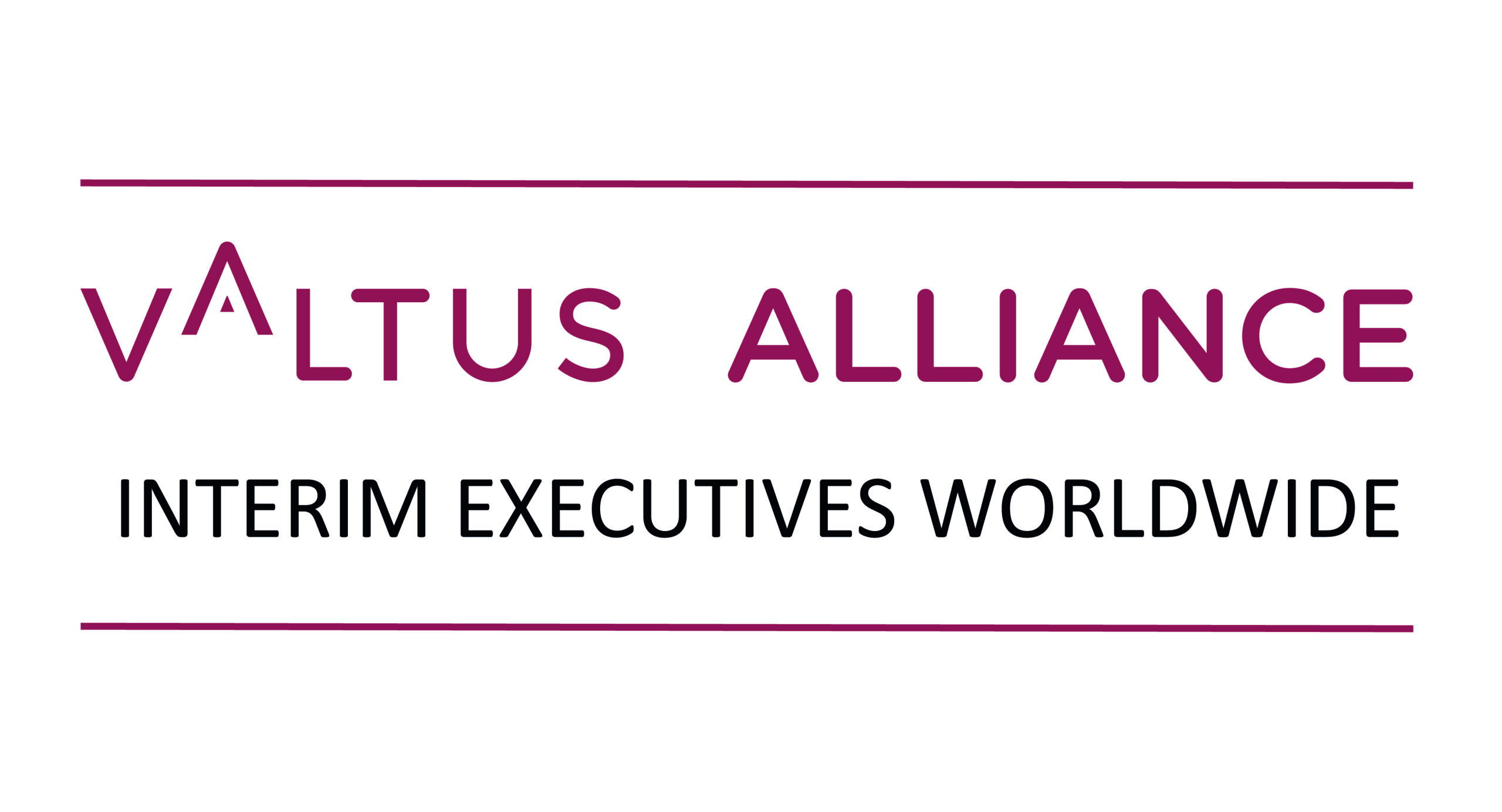Valpeo / Insights / Interviews
Working together with Japanese colleagues • How understanding the context can lead towards a shared identity and strategy
October 8, 2021
Accord Group, subsidiary of VALPEO, was asked to support the European branch of Fujirebio. Working in a worldwide company has its challenges, as people from different cultures may have varying perspectives as well. Accord Group offered Fujirebio to apply VALPEO methodology that makes concepts such as culture and values more tangible and helps create a shared strategy and identity.
What is the company profile of Fujirebio?
Fujirebio is a Japanese healthcare company that manufactures and sells products and services for clinical diagnostics. Fujirebio Holding currently employs 1200 people globally and has a European headquarter (HQ) in Ghent (Belgium).
Why did Fujirebio call upon the expertise of Accord Group?
European CEO Christiaan De Wilde explains: “Fujirebio is a quickly evolving global organization in the healthcare sector and is led from Japan. In order to let our European leaders reflect on their opportunities and challenges, we contacted Accord Group, which was applying VALPEO methodology, to provide leaders with new insights into the process of aligning with the Japanese HQ, the European affiliates, and each other.”
Which typical VALPEO approach did Accord Group suggest?
The solution consisted of an individual development center for each of the 11 members of the executive team, including the CEO.
The development centers were followed by a full day offsite workshop, aiming to establish how the directors perceived their current position within Fujirebio and how they envisioned the short-term and the long-term future. In other words: to help them become more aware of their context, now and in the future.
What makes this methodology so special?
VALPEO’s unique tools and leadership development methodology provide leaders with a framework for measuring, understanding and discussing their leadership effectiveness in the current context and for getting insights into the future context. This is possible at individual, leadership team, and organizational level. VALPEO uses three important tools to visualize and analyze the context and personal dynamics: complexity, values and behavioral orientation.
How did this help Fujirebio in this specific case?
Once the context was clear, the executive team could analyze how they related to, and interacted with, that context. This helps to create common ground on which to build a shared identity and strategy. A good understanding of each other’s strengths and weaknesses also leads to a better understanding of how they could align to their stakeholders (colleagues, customers, shareholders, …). This process is called leader-to-context alignment.
The perspectives from Japan and from the European management team were compared. Making people aware of their own perspectives is an important step towards overcoming differences with others and improving collaboration. This paves the path for growing a shared identity and strategy. The discussion also focused on how members of the executive team perceived the culture in Europe and in Asia. The goal: creating understanding and acceptance of cultural differences. Finally, participants drew up individual action plans that defined what change processes they wanted to prioritize.
How does Fujirebio look back on the collaboration with Accord Group, as a VALPEO accredited partner?
European CEO Christiaan De Wilde says: VALPEO frameworks make difficult organizational concepts such as ‘culture’ and ‘values’ tangible. Our leaders will now find it easier to understand and accept the differences within Fujirebio, which will help us work together within a shared strategy and identity.”
What impact would VALPEO’s methodology have on your shared strategy and identity?
Subscribe to Ripple, the newsletter
Gain expert advice, innovative strategies, and actionable insights to drive sustainable growth and empower your organisation to thrive in today’s dynamic business landscape.

